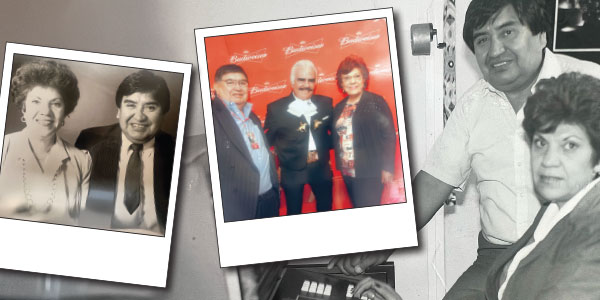Si usted acaba de obtener seguro médico a través de la Ley de Asistencia Asequible, es probable que se haya beneficiado parcialmente de un subsidio del gobierno, dado que la parte de “Asequible” de la ley significa que el gobierno federal recoge parte de la cuenta por su seguro.
Pero si se traga la lógica de los demandantes en King vs. Burwell, acaba de ayudar al gobierno a cometer un delito.
La Corte Suprema de EE.UU. está escuchando argumentos que prohibirían desembolsar subsidios en 36 estados que no han establecido sus propios intercambios de seguro de salud, incluyendo Missouri y Kansas. De los 13.4 millones beneficiarios estimados de Obamacare que perderían sus subsidios de seguro si la Corte Suprema confirma el desafío, 370,765 viven en Missouri y 127,804 en Kansas.
El impacto potencialmente amplio y potente del caso contrasta con el detalle relativamente pequeño sobre el que depende de la demanda. He aquí como funciona: el código del Servicio de Rentas Internas (IRS) creado como parte de la aprobación de la ley, hace disponibles subsidios en “un Intercambio establecido por el Estado”.
Los estados pueden o bien establecer sus propios intercambios o ser sede de uno operado por el Gobierno federal. Según los demandantes, los legisladores deberían haber agregado “y el Gobierno federal” a la ley si querían que allí también hubieran disponibles subsidios.
Aunque un memorando del IRS aclaró esta sección de la ley, los demandantes sostienen que el Congreso pretende limitar los subsidios a los estados con sus propios intercambios para alentarlos a tomar la iniciativa — una lectura de la Ley de Asistencia Asequible que la administración de Obama y sus asesores legales en este caso insisten es errónea.
Un grupo de of 21 estados y el Distrito de Columbia presentado escritos de apoyo a la posición del gobierno. Siete estados — Alabama, Georgia, Indiana, Nebraska, Oklahoma, Carolina del Sur Virginia Occidental — han presentado escritos apoyando la impugnación a la Ley de Asistencia Asequible.
Se espera una decisión a finales de junio o julio.
[divider]
ACA challengers claim subsidies illegal in federally-operated exchanges
By Jesus Lopez-Gomez
If you just got healthcare through the Affordable Care Act, you likely benefited partly from a government subsidy, given the “Affordable” part of the law means the federal government picks up part of the tab for your insurance.
But if you buy the logic of the plaintiffs in King v. Burwell, you’ve just helped the government commit a crime.
The U.S. Supreme Court is hearing arguments that would outlaw disbursing subsidies in 36 states that haven’t established their own health insurance exchanges, including Missouri and Kansas. Of the estimated 13.4 million Obamacare beneficiaries who would lose their insurance subsidies if the Supreme Court upholds the challenge, 370,765 live in Missouri and 127,804 live in Kansas.
The case’s potentially broad, powerful impact is contrasted by the relatively small detail on which the lawsuit hinges. Here’s how it works: the Internal Revenue Service (IRS) code created as a part of the act’s passage makes available subsidies in “an Exchange established by the State.”
States could either establish their own exchange or host one operated by the federal government. According to the plaintiffs, lawmakers should have added “and the federal government” to the law if they wanted subsidies to be available there, too.
Although an IRS memo clarified this section of the law, the plaintiffs hold that Congress intended to limit subsidies to states with their own exchanges to encourage them to take the initiative — a reading of the Affordable Care Act that the Obama administration and its legal counsel in this case insist is wrong.
A group of 21 states and the District of Columbia have filed briefs supporting the government’s position. Seven states — Alabama, Georgia, Indiana, Nebraska, Oklahoma, South Carolina and West Virginia — have filed briefs supporting the challenge to the Affordable Care Act.
A decision is expected by late June or early July.











